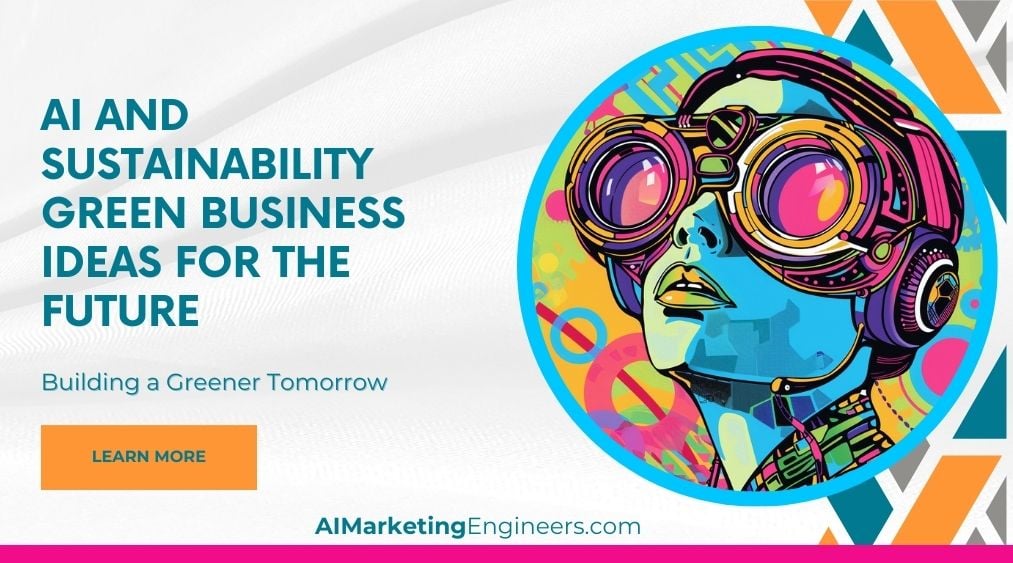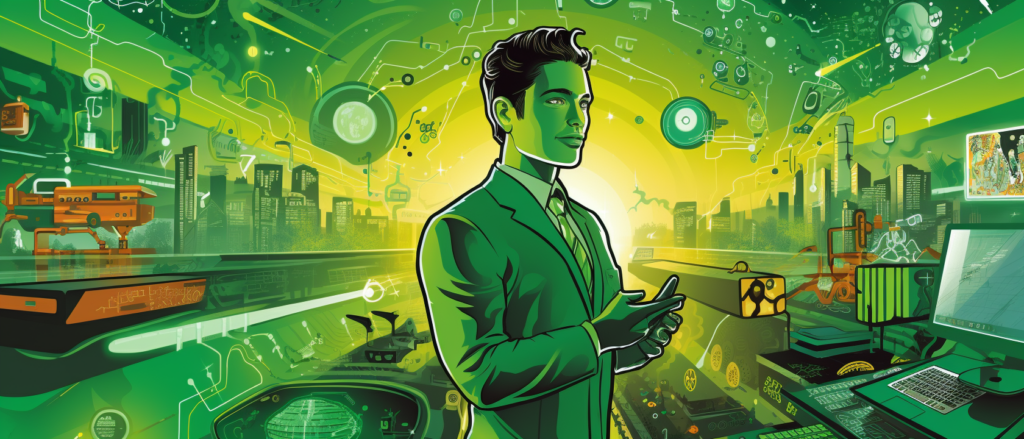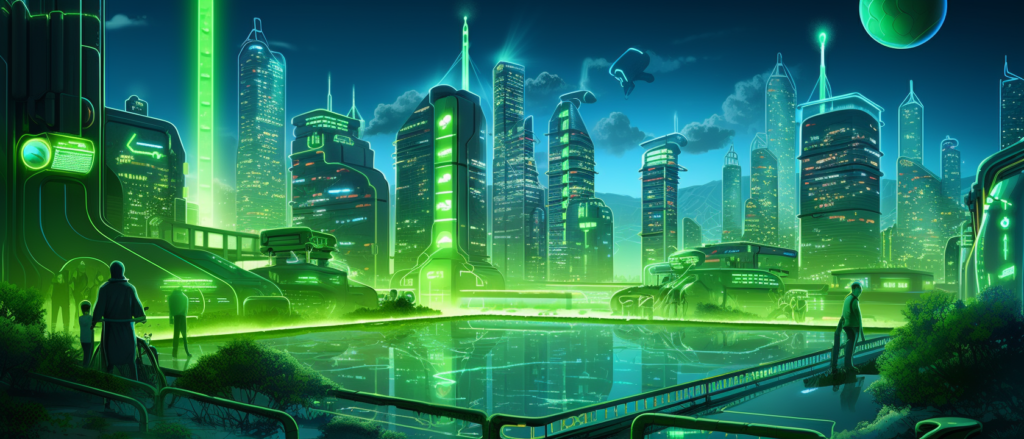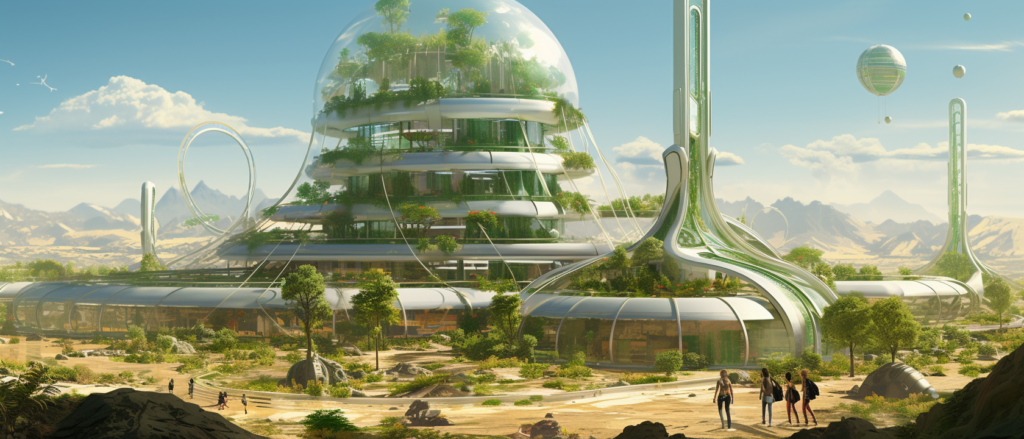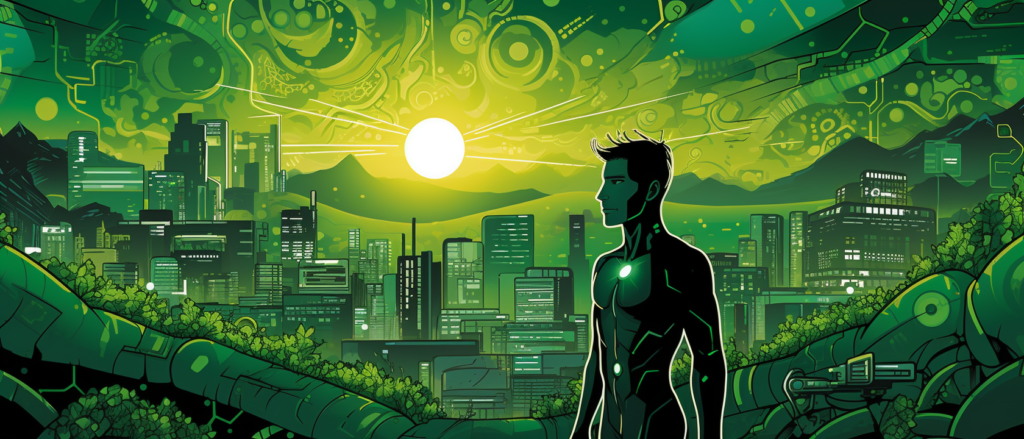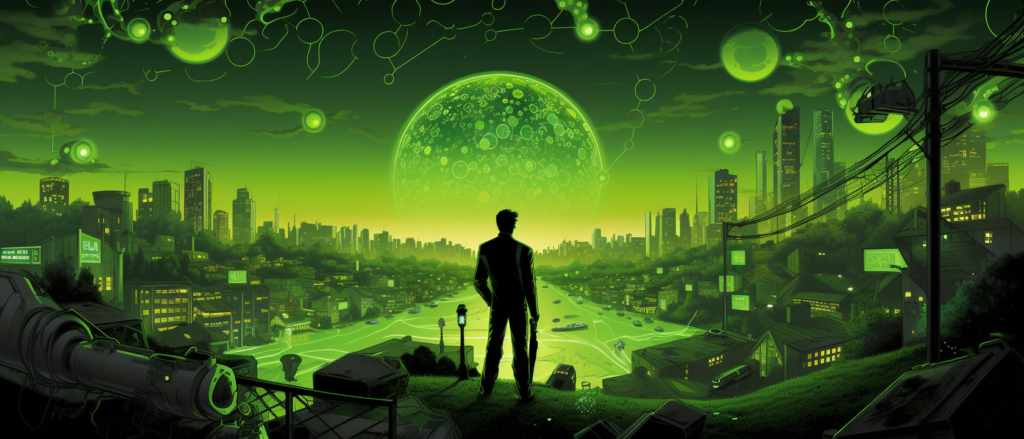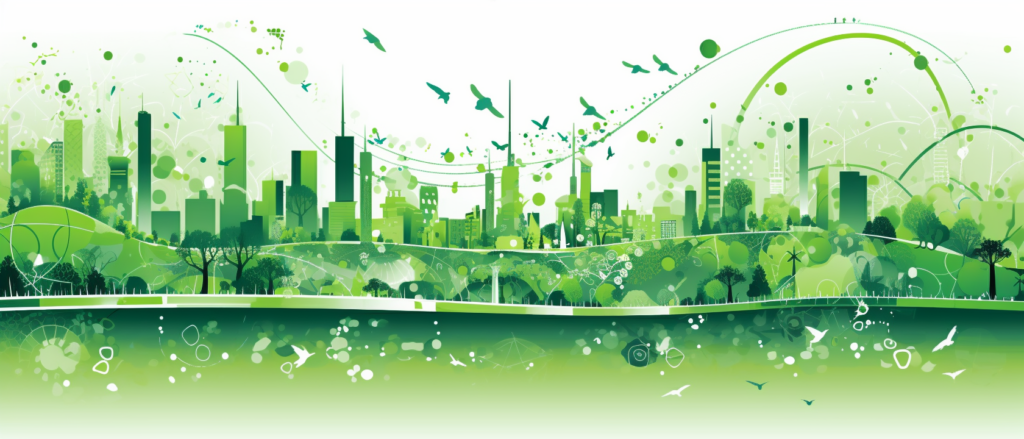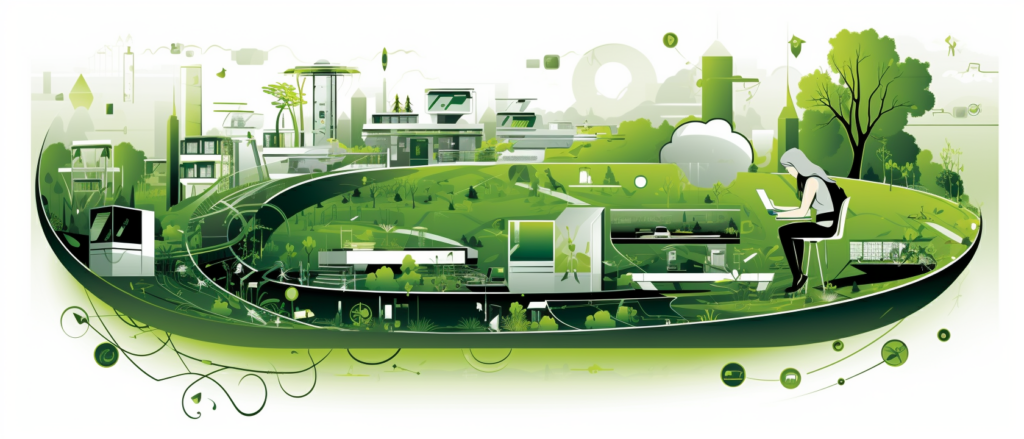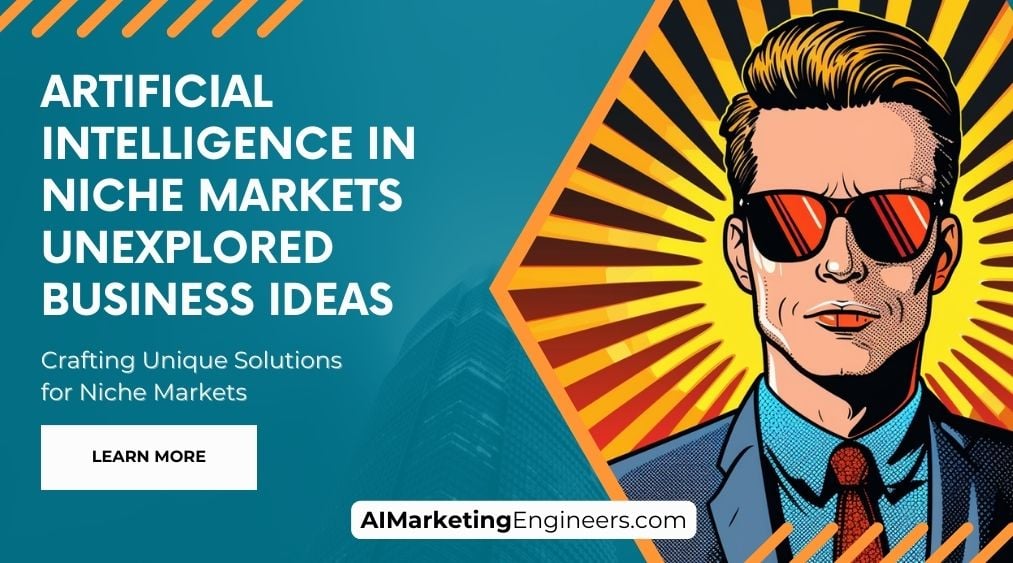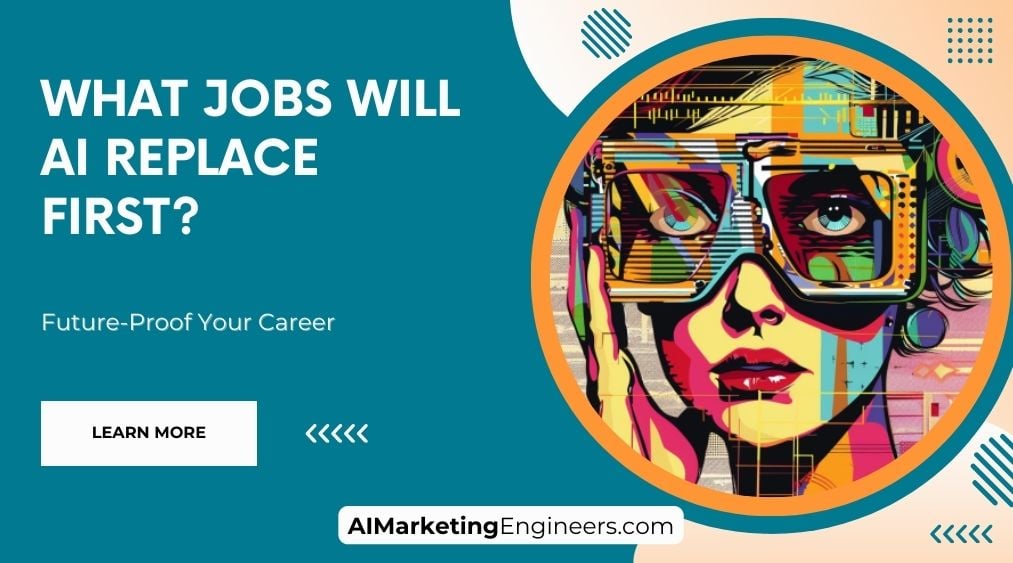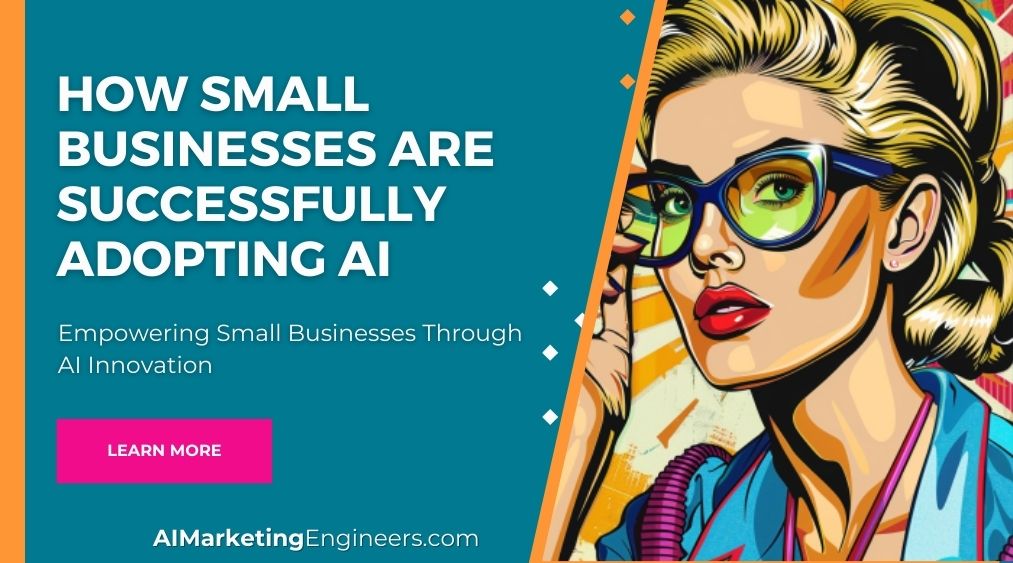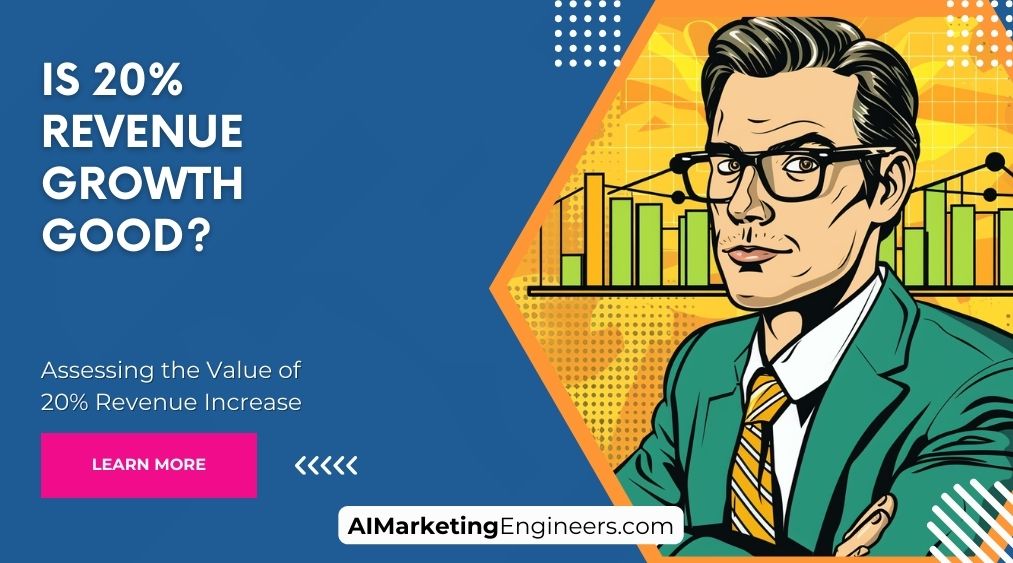Key Takeaways
✅ Integration of AI with sustainability efforts is transforming the way companies operate. Imagine slashing your energy costs by utilizing AI that thinks and reacts in real time, optimizing usage and cutting down waste. With adopting AI, businesses can potentially reduce emissions by significant percentages. Isn’t that a win for both your pocket and the planet?
✅ The power of data-driven decision-making is undeniable in pushing the boundaries of sustainability. By harnessing AI, companies can comb through tons of data to find greener ways of working. This could mean growing crops using less water or crafting products with minimal environmental impact. How efficient would your business be if every decision was backed by solid data?
✅ Innovative green business ideas are no longer just a dream with AI. From smart grids that balance electricity load to self-driving cars that could mean the end of traffic jams and pollution – the opportunities are endless. How could these innovations revolutionize your industry?
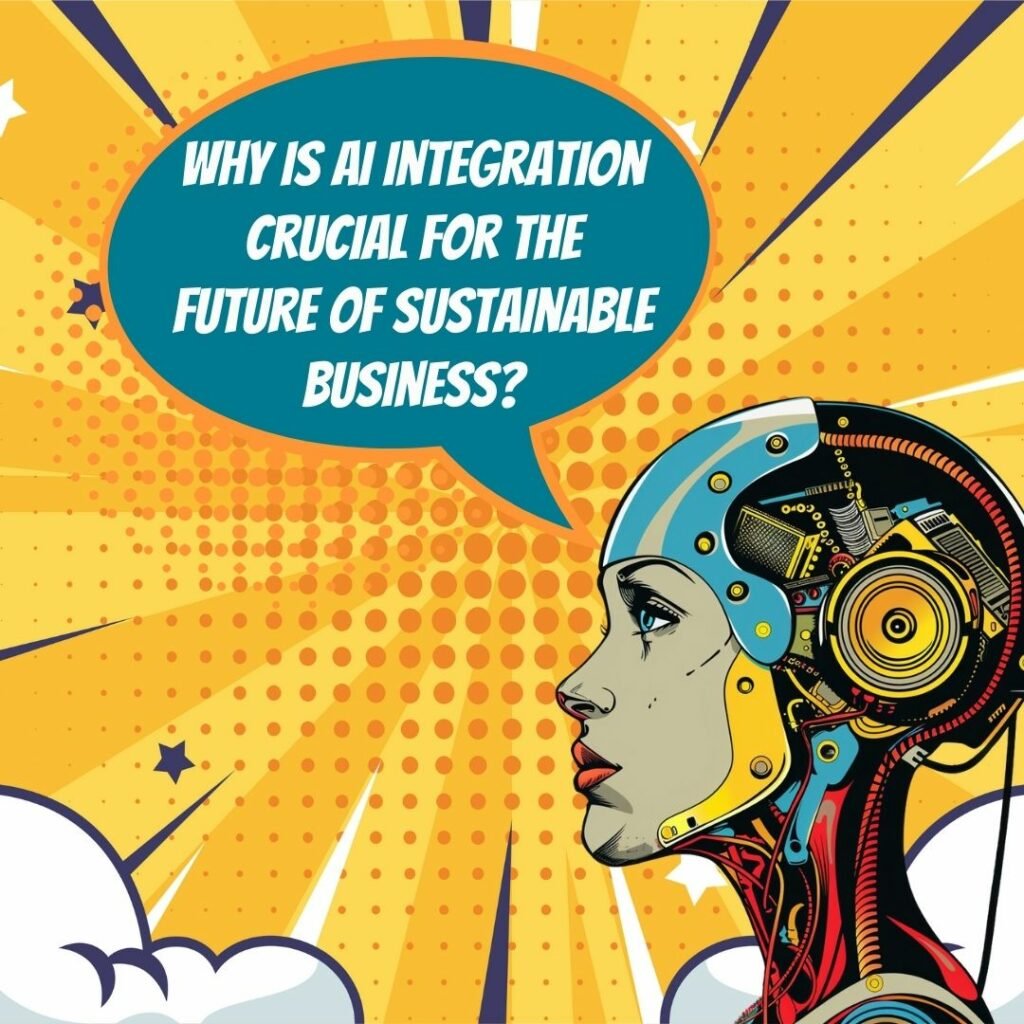
Introduction
Have you ever wondered how the businesses of tomorrow will tackle the mounting pressure of environmental conservation? AI and Sustainability are joining forces to light the way towards a bright and greener future. It's an intersection where technology isn't just making our lives easier but also saving our planet – isn't that the kind of future we all want to be a part of?
In this eye-opening guide, we'll dive into the heart of Smart Energy Management, showcase the strides in Sustainable Agriculture and transportation, unravel the mysteries of the Circular Economy, and delve into Green Finance and Investment. We're setting the scene for a revolution, where sustainable business ideas aren't just nice-to-haves, they're crucial for our survival. And guess what? They can also be great for your bottom line, maximizing revenue, ROI, and ROAS in the process.
Top Statistics
| Statistic | Insight |
|---|---|
| Global AI in Sustainability Market: Projected growth from $6.9 billion (2020) to $42.2 billion by 2027, with a CAGR of 30.6%. | This shows a rapidly growing interest in integrating AI with sustainability efforts, highlighting the potential for innovative green solutions. |
| Green Business Ideas: AI-driven green business ideas to grow by 40%, reaching $30 billion by 2025. | Entrepreneurs and investors take note: there's serious momentum and financial incentive in eco-friendly business undertakings. |
| User Demographics: 71% of consumers expect companies to advocate for environmental issues and 66% would pay more for sustainable products. | Whether it's a marketing strategy or a company philosophy, making business greener isn't just nice, it's what customers are demanding. |
| Energy Efficiency: AI solutions for energy efficiency could save businesses $430 billion globally by 2030. | That's a lot of green saved while going green. The financial benefits of energy conservation make compelling cases for why companies should invest in AI now. |
| Environmental Impact: AI can potentially reduce global greenhouse gas emissions by 4%, equaling 2.4 gigatons of CO2. | Every ton counts when it comes to protecting our planet, and AI is emerging as a powerful ally in the fight against climate change. |
The Intersection of AI and Sustainability
Think about the world around you for a moment—our vast sky, the bustling cities, the food on your table. Have you ever wondered how we can take care of it all for the years to come? This is where AI and sustainability intersect, offering us a smart way to protect our planet. AI is not just about robots taking over jobs; it's about using data and learning from it to make better decisions. It's like having the ultimate helper for Mother Nature. By analyzing patterns, predicting outcomes, and automating tasks, AI can tackle some of the toughest environmental challenges head-on. You know what's even better? These AI solutions are not dreams of the future; they're happening right now.
Smart Energy Management
Imagine a world where buildings and factories know exactly how much energy they need and when they need it. That futuristic vision is being made possible today through AI-powered energy optimization systems. These smart systems can predict energy demand, perform predictive maintenance, and respond in real-time, making sure no energy goes to waste. AI is like the ultimate budgeter, carefully watching over energy consumption, helping buildings and industries save an impressive amount of power and money. Now, what if your local mall could reduce its energy bill while being eco-friendly? That's a win-win we can all get behind.
Sustainable Agriculture
How do we grow our food without hurting the planet? AI in precision agriculture might just be the answer. By using AI, farmers can find out exactly where, when, and how much water or fertilizer their crops need. It’s like having a personal nutritionist for each plant! This doesn't only save resources but also boosts the harvest. And with AI-powered monitoring, farmers can spot any trouble with their crops early on. Healthy plants mean more food with less waste, and that's a future we can all get excited about.
Sustainable Transportation
Every time you're stuck in traffic, that's not just your time ticking away—it's also a cloud of exhaust that's not doing anyone any favors. But what if I told you that AI can help make our cars smarter and our trips smoother? By revolutionizing electric and autonomous vehicles, and optimizing transport routes, AI is creating ways for us to move around with fewer carbon footprints. Imagine traffic that flows like water, public transport that's always on time, and packages that find the quickest way to your door. With AI, those dreams are inching closer to reality.
Circular Economy and Waste Management
The circular economy might sound like a fancy term, but it’s pretty straightforward: it’s about keeping stuff in use for as long as possible. And guess what? AI is a powerhouse for this recycling party. With AI-powered sorting systems, recycling becomes a breeze, making sure everything that can be reused, is reused. Plus, AI helps design products that are more sustainable from the get-go. Talk about a smart blueprint for the future!
Green Finance and Investment
Here's something exciting—your money can now be smart and green. AI is transforming the way we look at investments, focusing on those that are good for your wallet and the world. With AI's potential in sustainable investing, investors can find opportunities that are as good for the planet as they are for profit. AI tools assess risks and root out the best sustainable options. So, whether it's investing in green bonds or analyzing carbon credits, AI's got your back.
Imagine a world where business leaders and policymakers harness the power of AI to not only thrive but also to ensure that we have a home to thrive in for generations to come. The union of AI and sustainability is more than just a wise choice—it's a beacon of hope for a smarter, greener future. Can AI truly be our ally in the quest for sustainability? The answer could very well shape the destiny of our blue planet.
AI Marketing Engineers Recommendation
Recommendation 1: Harness AI to optimize energy efficiency in operations: Leverage AI-driven energy management systems that use real-time data to optimize power usage in your facilities. By analyzing patterns and predicting peak loads, these systems can save up to 20% on energy bills. They're not just good for your wallet; they're also great for the planet. Think about it, who wouldn't want to cut down on expenses and be a friend to the environment at the same time?
Recommendation 2: Utilize AI for sustainable supply chain management: Did you know that integrating AI into your supply chain can reduce waste and carbon footprints significantly? By adopting AI tools that provide insights into demand forecasting, route optimization, and inventory management, you're not just streamlining your operations, you're also joining the ranks of businesses caring for the earth. Sustainability is not just a buzzword; it's the future. And trust me, your customers are paying attention.
Recommendation 3: Embrace AI-driven product lifecycle management (PLM): In today's throwaway culture, imagine if we could design products meant to last, or better yet, meant to be easily recycled or repurposed. AI-driven PLM technologies can analyze materials for sustainability and help design products with a longer life. Plus, they can improve recycling processes at the end of the product's lifecycle. By doing so, you're not just creating a product; you're creating a legacy – one that leaves a lighter footprint on our precious planet.
Relevant Links
Futuristic AI Energy Solutions Are Here to Power the Change!
AI Optimizes Energy Efficiently: Learn how AI is used to optimize energy systems, reducing waste and increasing efficiency.
Sci-Fi Farms Today: AI's Revolution in Agriculture
AI for Earth: From Farms to Tables: Discover the role of data analytics and AI in transforming modern agriculture for sustainability.
AI-driven Transport: Smoothing the Ride Towards a Green Future
Navigating Traffic with AI: Explore how AI helps streamline transportation and reduce traffic congestion.
AI's Recycling Revolution: A Zero-Waste World in Reach
AI in Waste Management: A Circular Economy: Dive into how AI is propelling us toward a more circular economy, enhancing waste management and recycling processes.
The Intelligent Investment: AI's Influence on Green Finance
AI's Leap in Sustainable Investing: Understand how AI predictive analytics are shaping the future of environmentally conscious investments.
Conclusion
Let's take a moment to take it all in – we've journeyed through a world where AI and sustainability intersect, painting a promising picture for a greener future. Can you imagine a time when our buildings and industries become masters of energy efficiency without us lifting a finger, thanks to smart, AI-driven systems? Or what about farms that know exactly when and how much to water and feed crops, keeping our precious resources safe?
But it's not just about the tech, it's about the planet, and how we can invest in its future. AI is transforming the way we look at green finance and investments, making it easier for folks like us to put our money where our values are. Yet, it's clear there's a bumpy road ahead, filled with challenges we'll need to tackle head-on. Ensuring AI advances don't deepen existing divides, but rather bring us closer to achieving those United Nations Sustainable Development Goals, is just one of many puzzles to solve.
Did all these ideas stir something inside you? Do you feel a tingle of excitement at the potential we have to create a sustainable world with the magic wand that is AI? It's a potent mix, a concoction that could very well dictate the wellbeing of our planet for generations to come. It's down to us – businesses, policymakers, and everyday folks – to take these pearls of innovation and string them into a narrative of change. The message is clear: embrace AI, but do it thoughtfully, with sustainability at the heart. Are you ready to be part of this exciting, green business revolution?
FAQs
Question 1: What is the role of AI in sustainability and green business?
Answer: AI can help reduce waste, optimize resource usage, and improve energy efficiency in various industries. It enables data-driven decision-making, predictive maintenance, and real-time monitoring, contributing to a more sustainable future.
Question 2: How can AI be used to reduce carbon emissions?
Answer: AI can help reduce carbon emissions by optimizing transportation routes, improving energy consumption in buildings, and enhancing renewable energy production. AI-powered smart grids can balance energy demand and supply, reducing reliance on fossil fuels.
Question 3: What are some green business ideas that leverage AI?
Answer: Green business ideas include AI-driven waste management systems, smart agriculture, renewable energy optimization, and predictive maintenance for sustainable manufacturing. AI-powered energy management systems can help businesses reduce their carbon footprint.
Question 4: How can AI be used to promote circular economy principles?
Answer: AI can help promote circular economy principles by optimizing product design for recyclability, predicting product lifecycles, and enhancing waste sorting and recycling processes. AI-powered supply chain management can also help reduce waste and improve resource efficiency.
Question 5: What are the benefits of using AI in sustainable agriculture?
Answer: AI in sustainable agriculture can improve crop yields, reduce water and fertilizer usage, and optimize farm operations. Precision agriculture powered by AI can help farmers make data-driven decisions, reducing the environmental impact of agriculture.
Question 6: How can AI be used to improve energy efficiency in buildings?
Answer: AI can improve energy efficiency in buildings by optimizing heating, ventilation, and air conditioning (HVAC) systems, predicting energy consumption patterns, and managing lighting systems. AI-powered building management systems can reduce energy waste and lower operating costs.
Question 7: What are the challenges of implementing AI in sustainability and green business?
Answer: Challenges include data privacy and security concerns, the need for specialized talent and infrastructure, and the potential for unintended consequences. Ensuring AI systems are transparent, explainable, and ethical is crucial for successful implementation.
Question 8: What are some best practices for integrating AI into sustainability and green business strategies?
Answer: Best practices include setting clear sustainability goals, investing in data infrastructure, collaborating with experts, and focusing on continuous improvement. Regularly evaluating the environmental impact of AI systems is essential for ensuring sustainable outcomes.
Question 9: What are some relevant hashtags for AI and sustainability?
Answer: Relevant hashtags include #AIforSustainability, #GreenAI, #SustainableAI, #AIforGood, #AIandEnvironment, #AIandClimateChange, and #AIandCircularEconomy.
Question 10: What are some key takeaways for professionals interested in AI and sustainability?
Answer: AI and sustainability offer significant opportunities for innovation and positive impact. Professionals should focus on data-driven decision-making, collaboration, and continuous improvement to ensure sustainable outcomes. AI can help businesses reduce their environmental footprint, improve resource efficiency, and promote a more sustainable future.
Academic References
- Banerjee, A., & Yadav, A. (2019). Artificial Intelligence for Sustainable Development. Sustainability, 11(11), 3019. This article delves into how artificial intelligence can push forward sustainable development, with a keen focus on fine-tuning resource management, minimizing our environmental footprint, and bolstering decision-making. It underscores the urgency of merging disciplines and forging AI that's mindful of its ethical and societal repercussions.
- AI for Good (2020). AI and Sustainability: An Overview of Opportunities and Challenges. International Telecommunication Union. In a comprehensive sweep, this report surveys the landscape where AI intersects with the United Nations Sustainable Development Goals. It teases apart AI's role in tackling climate change, bolstering energy efficiency, and fostering sustainable cities, all while keeping an eye on the hurdles and ethical conundrums.
- World Economic Forum (2020). AI for Sustainable Business: An Analysis of the Startup Landscape. This cutting-edge report casts light on the role of AI startups in sculpting sustainable businesses, concentrating on sectors such as energy, mobility, and agriculture. The paper charts the prevailing trends and hurdles in this burgeoning field, offering counsel to key players to ensure these innovative ventures thrive.
- Vasudevan, V., & Mukherjee, A. (2020). AI for Environmental Sustainability: Opportunities and Challenges. Frontiers in Big Data. This insightful article explores AI's capacity to address dire environmental issues like climate chaos, the erosion of biodiversity, and the dwindling of resources. It calls for teamwork across disciplines, AI created with conscience, and an open exchange of data to truly harness AI's potential in environmental conservation.
- Schaltegger, S., et al. (2020). AI for Sustainable Value Creation: A Systematic Literature Review and Future Research Agenda. Business Strategy and the Environment. This literature review carves a clear path through the academic thicket of AI's contribution to sustainable value generation, marking out the main themes and missing pieces. It weighs up AI's ability to champion sustainable business practices and lays down a blueprint for future inquiry in this nascent field.
